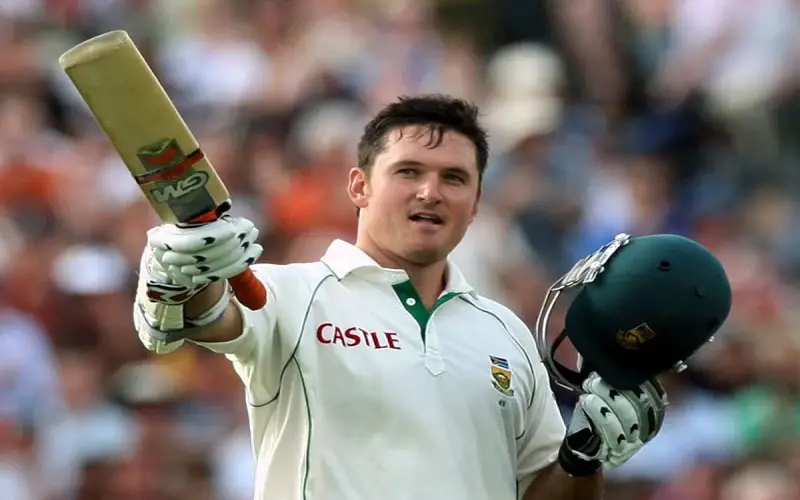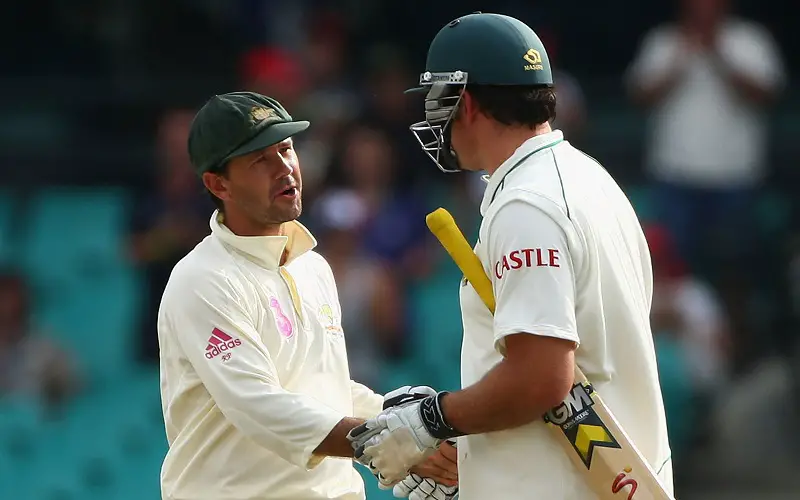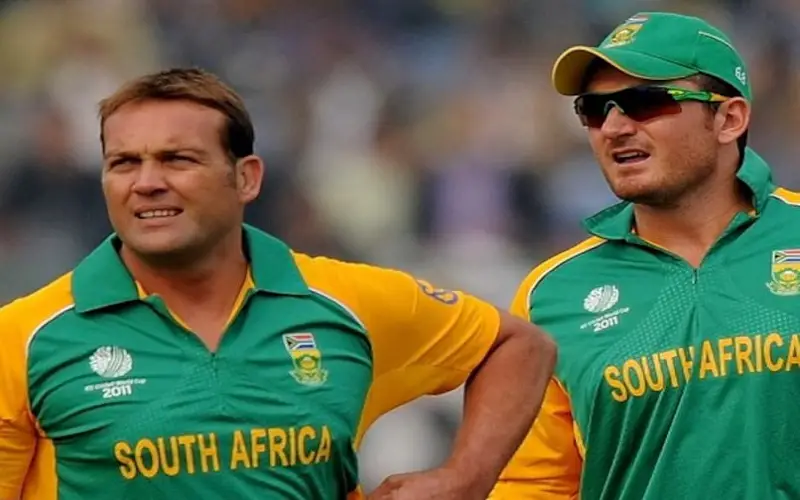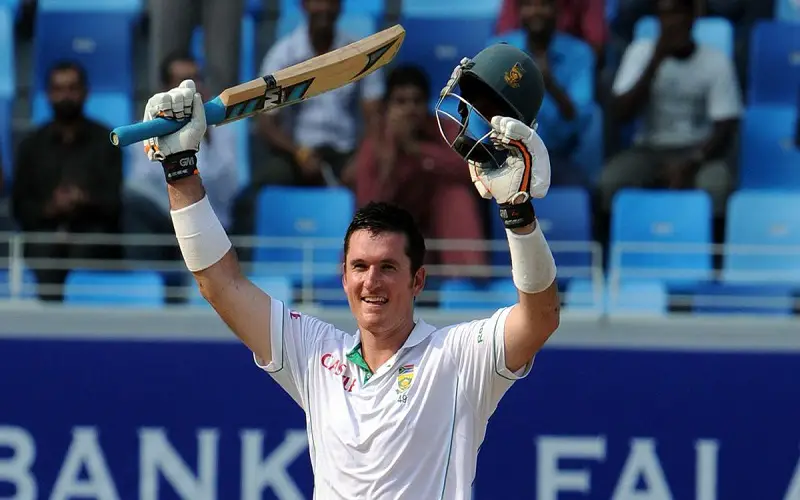Graeme Smith, former Proteas Captain, and a great batter, has a successful cricketing career with numerous accolades and had success in various forms of cricket. He is South Africa’s youngest captain and has been the most successful captain for the Proteas. Here, we look at the Top 10 things you did not know about Graeme Smith.
1. Sporting Background
Graeme Smith was born into a family deeply rooted in cricket and had a sporting background. Both parents were national-level athletes, further inspiring a young Graeme to grow a passion for sports. Tony Grieg, former England cricketer, and a great commentator, was Graeme Smith's uncle. The Smiths were a cricketing family, and a young Graeme Smith chose cricket as a passion.

2. Early Sports
In his childhood, Graeme showed great passion for many sports. He was a good tennis player and showed great interest in rugby and soccer, with both sports involving physicality, strength, and endurance. By excelling in both sports, Graeme Smith got the mental and physical strength to withstand pressure in cricket. Furthermore, playing sports fostered values of teamwork, leadership, and strategizing ability which proved crucial in cricket when he was captain of the national side.

3. Youngest Test Captain
After the 2003 World Cup, Smith took over the captaincy, making him the youngest test captain. Smith famously led his side to a series win over England, in which he made the highest score of a foreign player made at the Lord’s Cricket ground. Beyond Smith’s record, the win marked a new era for South African Cricket, an era of total domination. South Africa thrashed many teams to claim the No.1 spot in Test Cricket. This series proved that South Africa, under Smith’s captaincy, could handle stronger teams in all conditions.

4. Aggressive Sledging
Smith, at the slips, is a nightmare waiting to be unleashed. With a safe pair of hands and a sharp tongue chewing on the gum, Graeme Smith constantly sleds many batters and breaks their concentration, getting them out. This sledging developed when Smith had to endure the sledging given to him by the Australians in the early stages of his career. Smith’s smart sledging and quick wit with words have benefitted the South African team, as many batters got distracted and gave away their wicket. Sledging is an art which differs from each person. Graeme Smith sledged aggressively, along with Jacques Kallis at the 2nd slip and wicketkeeper Mark Boucher in the back.

5. Elite Club
Graeme Smith is one of a few cricketers who have scored a century against all test-playing nations. He remains in the elite club due to his solid batting and undying will, and determination to give everything to his team. What sets Smith apart from other cricketers is his willpower and determination to give his all for his team. Smith, being amongst the elite cricketers, highlights his ability to play on all pitches, regardless of his team scoring, his varied playing styles, and adaptability as a batter and his unwavering concentration and patience on the crease. Moreover, Graeme Smith scored centuries against all teams as captain, so that adds to the team’s success. It puts South Africa on a much higher pedestal than other teams.

6. Post-retirement Life
Graeme Smith had many posts in South African Cricket, which included a brief stint as a cricket coach. He became a cricket commentator for two years and was also inducted as a cricket administrator for South Africa.

7. Graeme Smith’s Determination
Graeme Smith’s Determination and dedication to his team are well-known by the South Africa tour of Australia in 2009, where he batted with a broken finger. Australia bowled out the Proteas line-up and forced them to follow on. In the second inning, with South Africa on the losing side, an injured Graeme Smith walked over and tried his best to draw the test. But on the last over of the final day, he edged the ball and got out. This act earned a standing ovation from players and fans alike. Smith’s determination to face the last few overs to draw the game showed his courage, will to win, and leadership qualities. Aussie skipper Ricky Ponting as a sign of respect, shook hands, and the Australian team cheered Smith to the dressing room.

8. Longest Reigning Captain
Graeme Smith captained South Africa for 103 matches, the longest reign for any captain. He established South Africa as the No.1 Test Side, a record they held until his retirement. He was a captain by example, leading his team and making brave efforts to achieve victory for his team. Smith’s achievements went beyond individual performances. He possessed a deep understanding of a situation and could make correct decisions under pressure. Smith was a calm and composed captain keeping his emotions in check and thinking strategically. Such steadiness helped Smith to instill confidence within the team, often helping the squad perform in dire situations.

9. Comeback From Injury
In the summer of 2010, Smith suffered an ankle injury after the previous finger injury. He was declared unfit and advised to rest up in the coming year. The severity of his injury made it difficult to include him in the starting XI for the upcoming tour against Australia. But Smith, with his determination and dedication to playing for his country, came back from the injury crisis and, in his comeback match, scored crucial runs to win a series against Australia, establishing South Africa’s path to success. The comeback inning was special as it signified the determination and fighting spirit Graeme Smith had to overcome the injury and perform exceptionally well. The inning also inspired his teammates, who performed brilliantly to thwart the Australians and clinch the No.1 Test spot. South Africa was No.1 until Smith’s retirement in 2013.

10. Philanthropic Efforts
Smith is involved in various philanthropy and charity events. He has established Graeme Smith Foundation, aiming to provide educational and sporting opportunities to underprivileged kids in South Africa.







